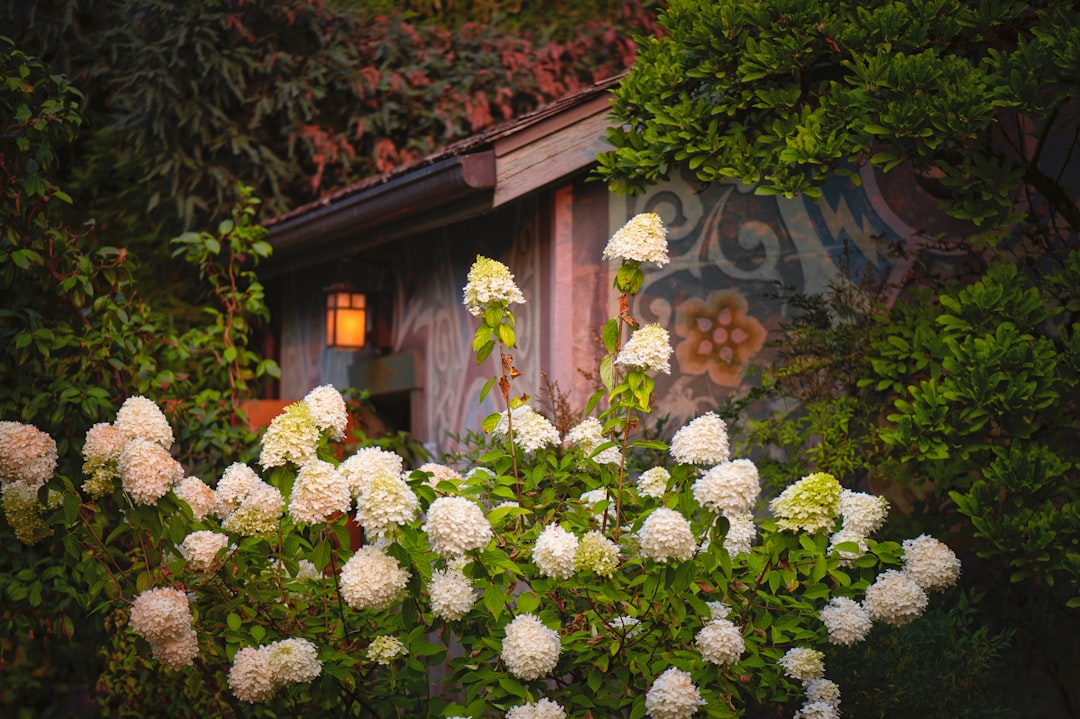Unveiling the Secrets to Battle Whiteflies in Your Garden

Whiteflies can be a real nuisance in the garden. These tiny, winged insects are not only a common sight but can also cause significant damage to your beloved plants. In this article, we'll explore how to identify these pests and, more importantly, how to get rid of them using organic pest - control methods.
### Identifying Whiteflies
Whiteflies are small, white - winged insects that are often found on the undersides of plant leaves. They are about 1/16 to 1/10 of an inch long. When disturbed, a cloud of these tiny insects will flutter up from the leaves. Their presence can be detected by the sticky honeydew they secrete. This honeydew can lead to the growth of sooty mold on the leaves, which not only looks unsightly but also affects the plant's ability to photosynthesize.
Another sign of whitefly infestation is the yellowing and wilting of leaves. As whiteflies suck the sap from the plants, they deprive the plants of essential nutrients. Over time, this can cause the leaves to turn yellow, curl, and eventually drop off. You may also notice small, oval - shaped eggs on the undersides of the leaves. These eggs are usually laid in a circular pattern and are initially white but turn brown as they mature.
### Why Organic Pest Control?
Using organic pest - control methods to get rid of whiteflies is not only better for the environment but also for the health of your plants and the beneficial insects in your garden. Chemical pesticides can harm beneficial insects such as ladybugs, bees, and lacewings, which are natural predators of whiteflies. Organic methods, on the other hand, target the pests while leaving the beneficial insects unharmed.
### Organic Pest - Control Tips
1. Neem Oil Spray
Neem oil is a natural insecticide that is effective against whiteflies. It works by disrupting the insect's hormonal system, preventing them from feeding and reproducing. To make a neem oil spray, mix 2 tablespoons of neem oil with 1 gallon of water and a few drops of liquid dish soap. The dish soap helps the neem oil mix evenly with the water. Spray the solution on the undersides of the leaves, where the whiteflies are most likely to be found. Repeat this process every 7 - 10 days until the whitefly infestation is under control.
2. Insecticidal Soap
Insecticidal soap is another organic option for controlling whiteflies. It works by breaking down the insect's outer shell, causing them to dehydrate and die. You can make your own insecticidal soap by mixing 2 - 3 tablespoons of liquid dish soap with 1 gallon of water. Spray the solution on the affected plants, making sure to cover the undersides of the leaves. Avoid spraying in direct sunlight or when the temperature is above 90°F, as this can cause damage to the plants.
3. Introduce Natural Predators
There are several natural predators that can help control whitefly populations. Ladybugs, lacewings, and parasitic wasps are all effective at preying on whiteflies. You can attract these beneficial insects to your garden by planting flowers such as dill, fennel, and yarrow. These flowers provide nectar and pollen for the beneficial insects, while also providing a habitat for them to live and breed. You can also purchase ladybugs and lacewings from a garden center and release them in your garden.
4. Sticky Traps
Sticky traps are a simple and effective way to monitor and control whitefly populations. You can purchase sticky traps at a garden center or make your own by coating yellow cardboard with petroleum jelly. Hang the traps near the affected plants. The yellow color attracts the whiteflies, and once they land on the sticky surface, they are unable to escape. Replace the traps regularly as they become full of insects.
5. Cultural Controls
Proper plant care can also help prevent whitefly infestations. Make sure your plants are well - watered and fertilized, as healthy plants are more resistant to pests. Remove any infested leaves or plants immediately to prevent the spread of whiteflies. Also, keep your garden clean and free of debris, as this can provide a hiding place for the pests.
In conclusion, dealing with whiteflies in your garden doesn't have to be a nightmare. By learning to identify these pests and using organic pest - control methods, you can keep your plants healthy and pest - free. Remember, a little prevention and early intervention can go a long way in maintaining a beautiful and thriving garden.